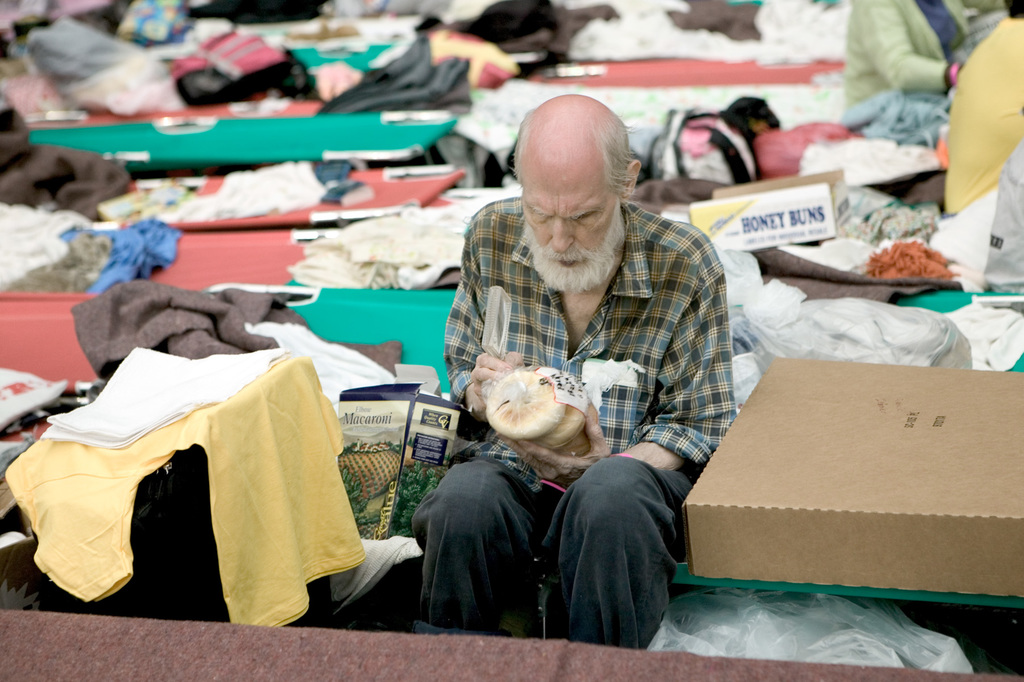Navigating the world post-service is not just about hanging up your uniform. It’s about entering a battlefield of bureaucracy, one that can feel daunting and defeating. As a veteran, you might expect your country to have your back after you’ve put everything on the line. But when it comes to benefits, many veterans find themselves in a frustrating maze of red tape and unmet promises.
1. The Endless Red Tape

When you step into civilian life, you imagine a seamless transition, only to be met with a bureaucratic quagmire. The paperwork alone is enough to make you question your sanity. According to a study by the Government Accountability Office, veterans report feeling overwhelmed by the volume of documents needed just to apply for benefits. You start to wonder if the system is designed to wear you down.
You thought your days of navigating complex systems were over, but this is a different beast. Every form seems to require another document, another verification, another signature. The cycle feels never-ending, and it can be soul-crushing. It’s as though the system is a test to see how much you can endure before you simply give up.
2. The Delayed Responses

You’ve waited patiently, filled out every form, and ticked every box. Yet here you are, months later, still waiting for a simple approval or response. It’s like screaming into the void, where your pleas for help go unanswered. Every day of delay is another blow to your trust in a system that claims to support you.
The waiting game isn’t just annoying; it’s life-altering. Those delayed responses mean delayed support, delayed medical care, and delayed peace of mind. Each day that ticks by is a reminder of how little urgency is given to veterans’ needs. You start questioning if the promises made to you were ever meant to be kept.
3. The Inadequate Mental Health Support

The transition back to civilian life isn’t just challenging physically; it’s a mental battleground. While you’ve faced unimaginable stress in service, the lack of robust mental health support upon returning is a betrayal. A report from the National Institute of Mental Health highlights that veterans are at a higher risk for mental health issues like PTSD, yet services remain scarce. It feels like you’re fighting another war, but this time, it’s internal and without the necessary support.
Mental health support should be a given, not a luxury. The stigma attached, combined with inadequate resources, leaves many veterans suffering in silence. You find yourself caught in a loop of needing help but not knowing where to turn or how to access it. It’s a vicious cycle that can lead to devastating consequences if left unaddressed.
4. The Overwhelming Medical Costs

Serving your country should afford you the basics of life, like healthcare. Yet, many veterans find themselves drowning in medical bills, a cruel irony considering their sacrifice. The cost of necessary treatments and medications can be astronomical without comprehensive coverage. It feels like paying a price for serving, rather than being rewarded for it.
You’re left choosing between paying for your health or the rent, a decision no one should have to make. The gap between what is covered and what is needed is a chasm many can’t bridge. What’s the point of having a card that says ‘veteran’ if it doesn’t protect you financially? The reality is harsh, and it’s a betrayal of the commitment you made.
5. The Discrimination By Employers

You’ve acquired skills that should make you an asset to any workforce. Yet, upon entering civilian job markets, many veterans face discrimination. According to a study by the Society for Human Resource Management, employers are often wary of hiring veterans due to misconceptions about mental health. It’s jarring to find that your service, which should be a badge of honor, is instead a mark against you.
You thought employers would value your discipline, resilience, and leadership. Instead, you’re faced with skepticism and doubt. It’s a harsh wake-up call that the battlefield of employment is riddled with biases. The fight for respect and opportunity in the workplace becomes just as vital as any military mission.
6. The Housing Instability

A roof over your head shouldn’t be a luxury, especially for those who’ve served. Yet, countless veterans find themselves grappling with homelessness or unstable housing situations. It’s a devastating reality that underscores the gaps in veteran support systems. After putting your life on the line, you shouldn’t have to wonder where you’ll sleep at night.
The struggle for stable housing is a slap in the face. It’s as if the sacrifices you’ve made are forgotten the moment you hang up your boots. The journey to secure a safe space to call home becomes fraught with challenges. It’s another battle, one you never expected to fight.
7. The Insufficient Educational Benefits

The GI Bill was supposed to be your ticket to further education. But the reality is that educational benefits often fall short of covering the costs. A Department of Veterans Affairs report reveals that many veterans struggle to find programs that align with their career goals. It’s a bitter pill to swallow when the opportunities promised are just out of reach.
You imagined a world where you could transition seamlessly from service to a classroom. Instead, you’re faced with financial barriers and logistical nightmares. The dream of higher education becomes clouded with doubts and debts. It’s a frustrating paradox that leaves you questioning the value of your benefits.
8. The Gaps In Family Support

Service is rarely a solo endeavor; your family serves alongside you. Despite this, family support services are often inadequate or hard to navigate. The sacrifices your family makes are rarely acknowledged in the benefits you receive. It’s a gut-wrenching reality that your loved ones are left out of the support equation.
You expected a system that would embrace your family as you transition. Instead, they navigate their own set of challenges with little guidance or assistance. The lack of comprehensive family support feels like an afterthought. It’s a stark reminder of how the system often overlooks the ones who stand by your side.
9. The Limited Access To Rural Services

For veterans living in rural areas, accessing benefits and services can be an uphill battle. The distance from urban centers often means fewer resources and longer wait times. It’s an isolating experience that makes you feel forgotten by the very system you served. The disparity in access is a glaring oversight that needs urgent attention.
You find yourself traveling miles for basic care or support, a journey that shouldn’t be necessary. The lack of infrastructure in rural areas is a constant barrier to receiving timely benefits. It’s a stark contrast to the promise of support and accessibility. Being in a rural area shouldn’t mean being out of reach.
10. The Inflexible Benefit Systems

The rigid structure of benefit systems fails to account for the diverse needs of veterans. It’s a one-size-fits-all approach in a world where individual circumstances vary greatly. The inflexibility of these systems can create more hurdles than help. Instead of feeling supported, you’re left feeling stifled and constrained.
You wonder why adaptability isn’t a priority in veteran services. The lack of personalized support can make transitions feel impossible. It’s a frustrating reminder that the complexities of your experience aren’t being acknowledged. A system that should adapt to your needs instead expects you to conform to it.
11. The Outdated Technology

In a world driven by technology, you expect efficiency and innovation. Yet, many veteran benefit systems are stuck in the past, riddled with outdated processes. The lack of modern technology not only slows down services but also creates unnecessary hurdles. It’s as if you’re expected to fight a modern battle with antiquated tools.
The frustration mounts as you try to navigate these clunky systems. You know there are better, faster ways to manage benefits, yet they’re out of reach. The inefficiency becomes a barrier to accessing the support you need. It’s a glaring oversight that’s hard to ignore.
12. The Unclear Communication

Clear communication should be the backbone of any support system. Yet, veterans often find themselves lost in a sea of jargon and unclear instructions. It’s a maddening experience when simple inquiries turn into complex deciphering tasks. The lack of straightforward communication leaves you feeling isolated and unheard.
You’re left deciphering cryptic messages and vague guidelines. Each interaction feels like a test of patience and comprehension. The confusion it breeds is unnecessary and avoidable. It’s a constant reminder of how the system falls short of effective communication.
13. The Lack Of Transition Support

Leaving the military is a significant life change that requires support and guidance. Yet, many veterans find themselves navigating this shift alone. The lack of structured transition programs can make reintegration feel impossible. You’re left grappling with the complexities of civilian life without a roadmap.
The transition should be a time of support, not struggle. Yet, the absence of comprehensive programs leaves you feeling adrift. It’s a harsh reality that the system isn’t equipped to guide you through this critical period. The gap in transition support is a stark failure in honoring your service.
This article is for informational purposes only and should not be construed as financial advice. Consult a financial professional before making investment or other financial decisions. The author and publisher make no warranties of any kind.








